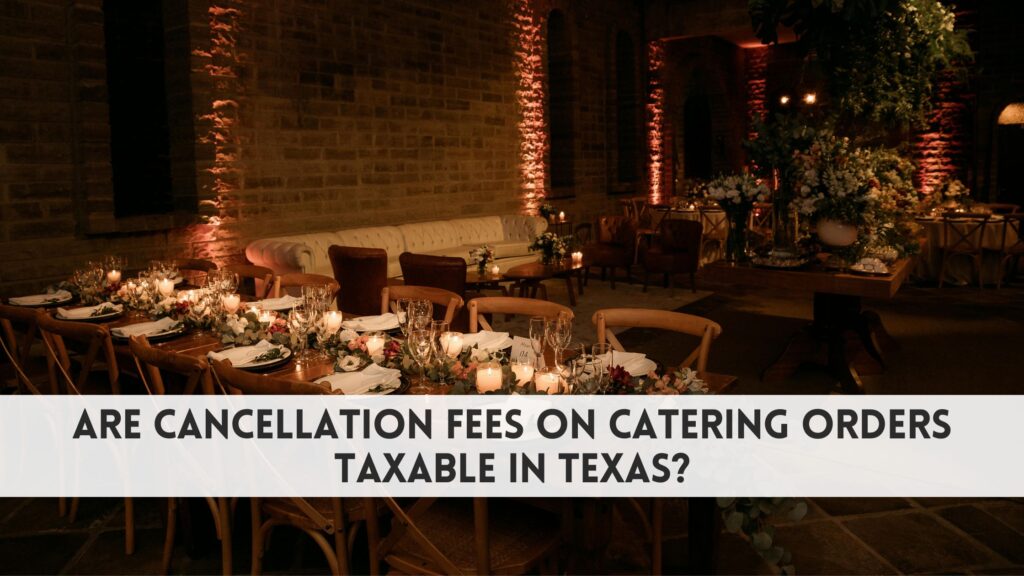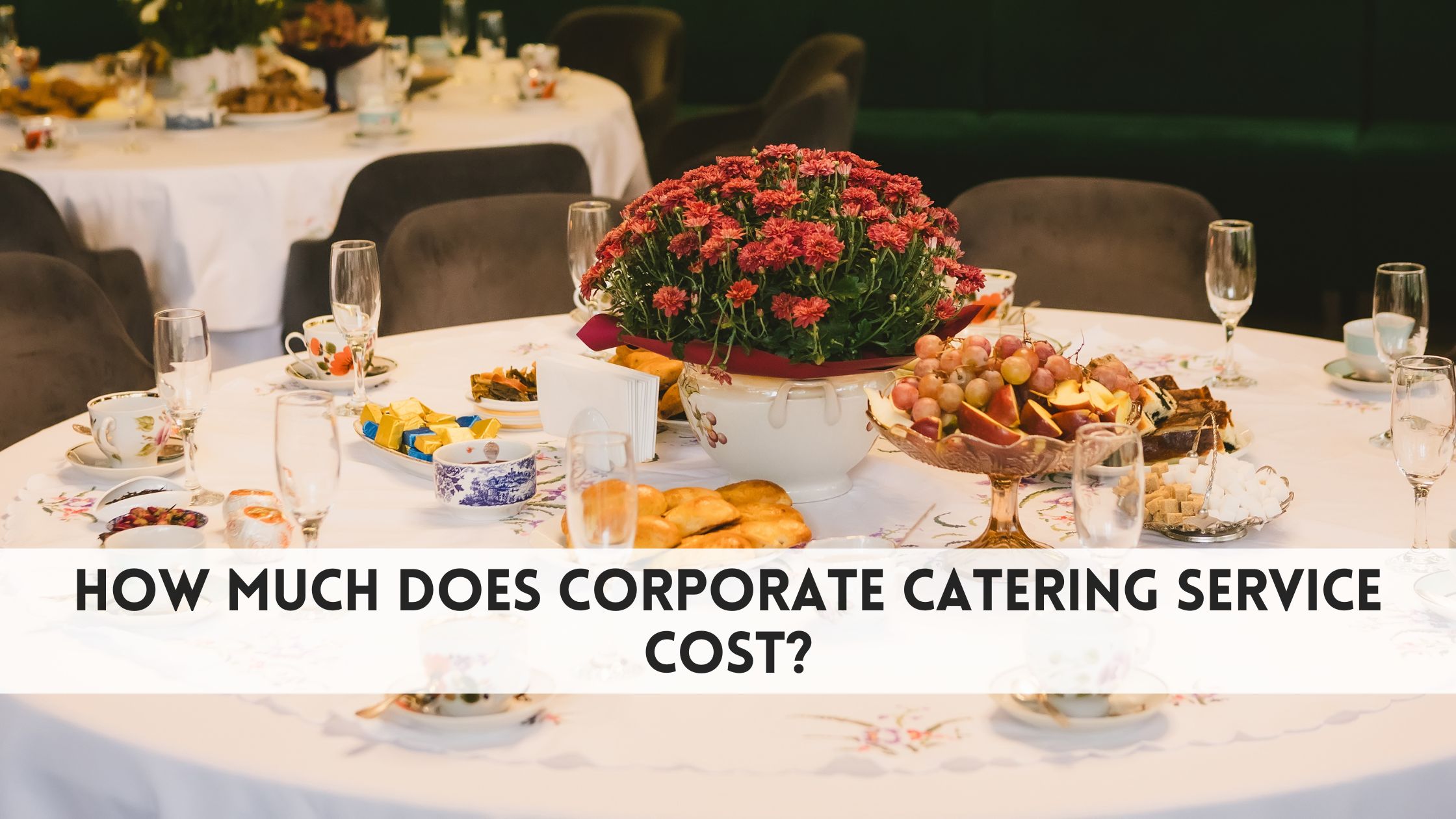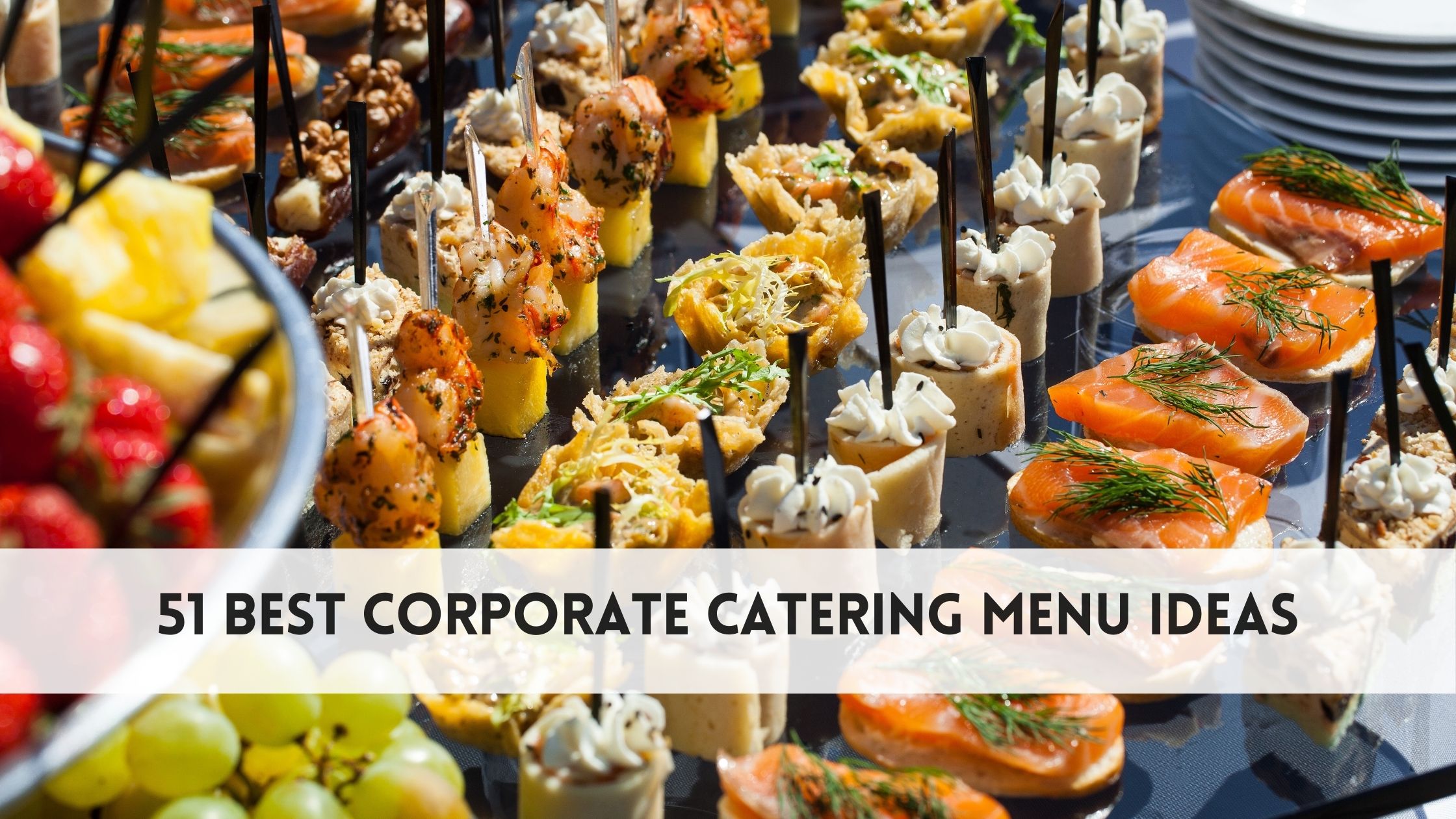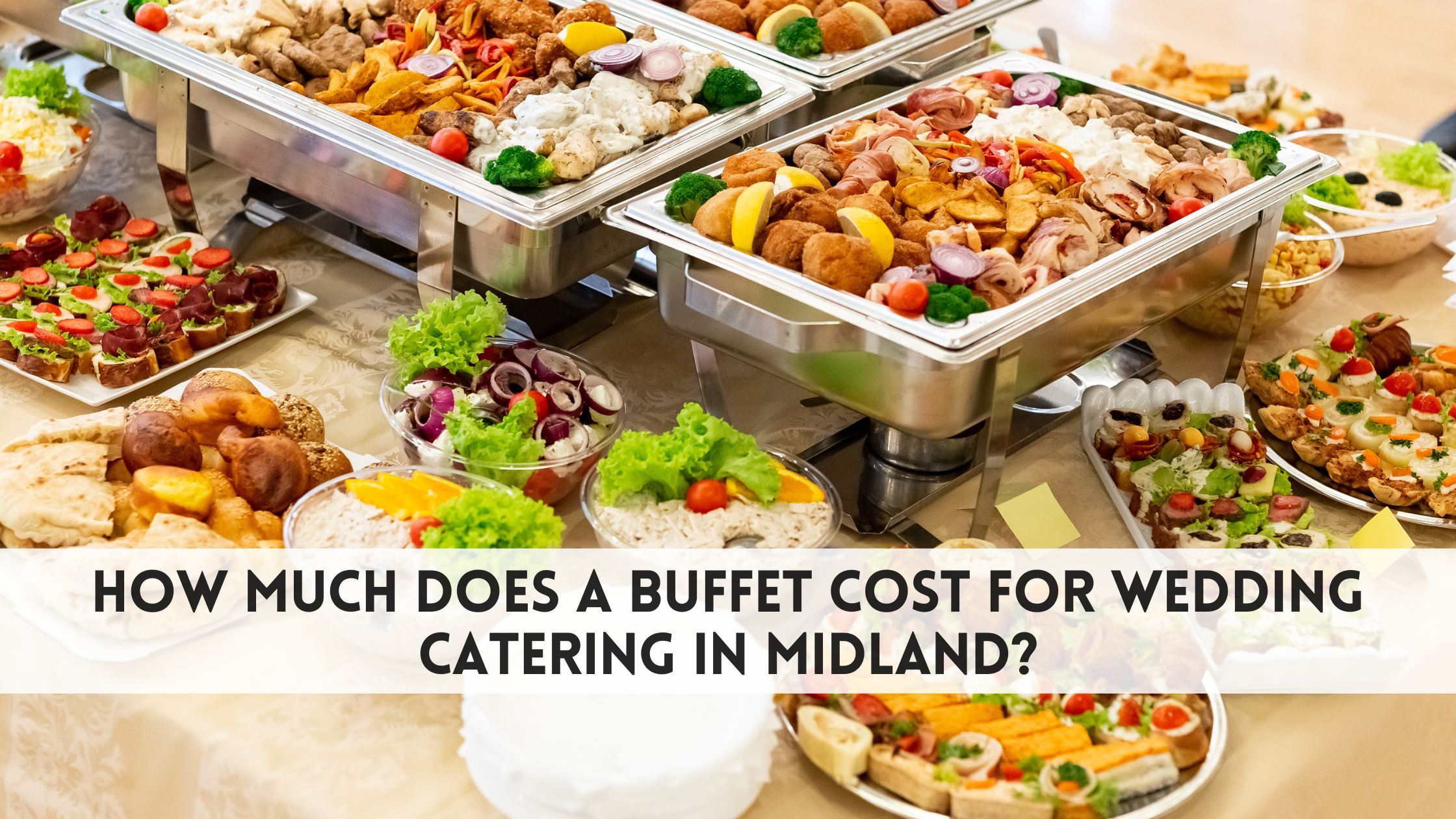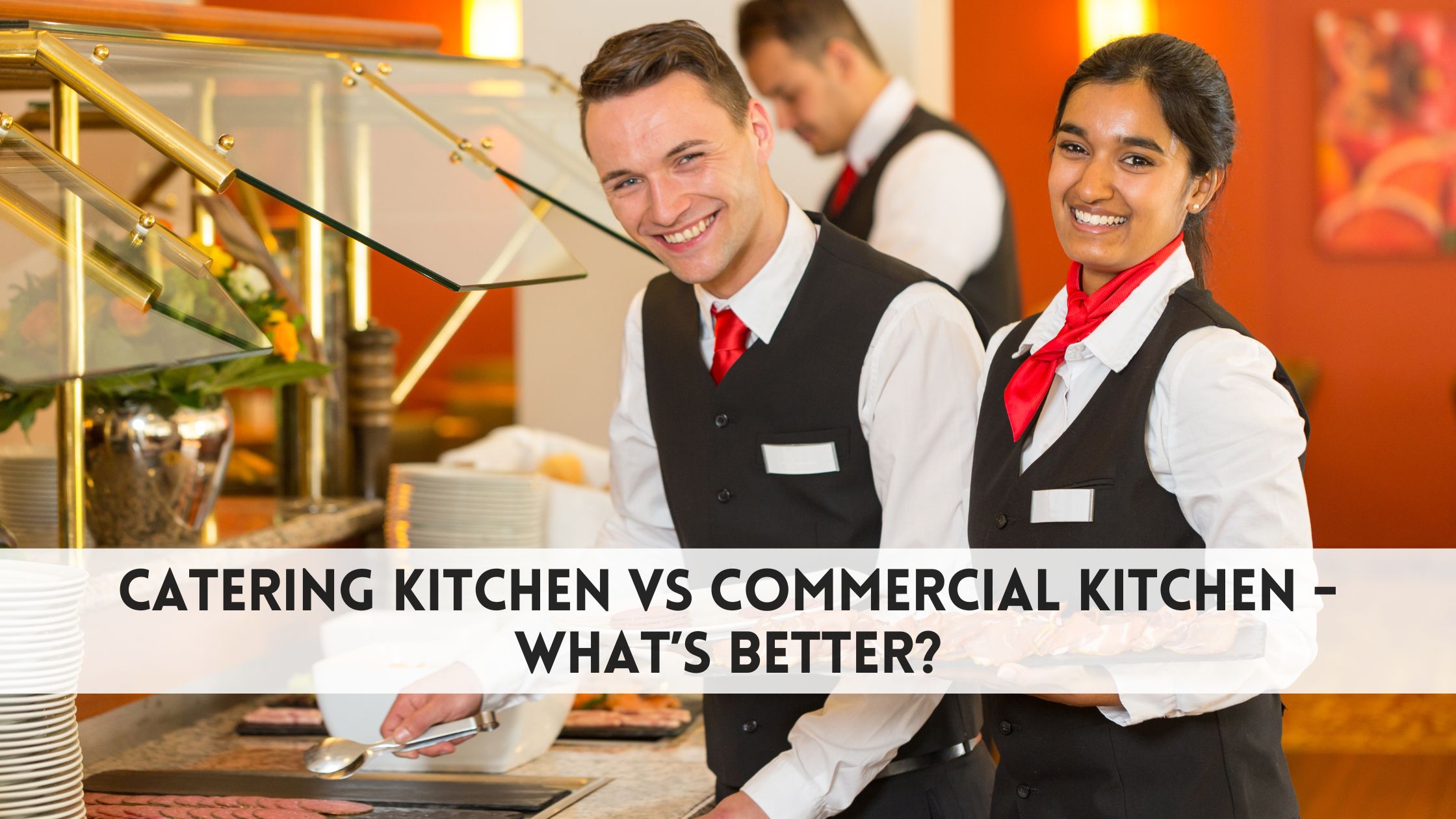Cancellation fees are charges levied by catering businesses when a client decides to cancel or reschedule their event after the catering order has been confirmed. These fees are designed to compensate the catering company for any costs or losses incurred due to the cancellation. So, Are cancellation fees on catering orders taxable in Texas? They can cover a range of expenses, such as food preparation, staff time, and even non-refundable equipment rentals. In the catering industry, these fees are a standard part of contracts to safeguard businesses from last-minute cancellations. However, many catering businesses in Texas, particularly those in Midland, may wonder if cancellation fees themselves are subject to state sales tax.
Are Cancellation Fees on Catering Orders Taxable in Texas?
Catering businesses in Texas often face the question: Are cancellation fees on catering orders taxable? In most cases, cancellation fees are not taxable in Texas. However, the specific nature of the cancellation fee determines whether sales tax applies.
Texas sales tax generally applies to the sale of tangible personal property, including food, beverages, and certain supplies. If a cancellation fee is simply for non-taxable services such as labor, event coordination, or administrative work, it is usually exempt from sales tax.
However, if the cancellation fee includes charges for tangible goods or services that are subject to sales tax, such as food, drink, or equipment rentals, the fee may be partially taxable. For example, if a cancellation fee covers pre-ordered meals or non-refundable rentals, those specific portions may be taxable under Texas sales tax law. By doing so, they can maintain compliance with Texas tax laws and avoid potential issues during audits or reviews. Always consult a tax professional to stay up-to-date with regulations.
Texas Tax Laws Regarding Catering Services
In Texas, sales tax is typically imposed on the sale of tangible personal property. This includes food and beverages served at events, whether it is a wedding reception, a corporate luncheon, or a private party. However, services related to food preparation or event planning, such as the chef’s labor or event coordination, are generally exempt from sales tax.
When it comes to catering services, the key factors in determining taxability are:
- Food and beverages: If a caterer charges for food and beverages at an event, these charges are taxable.
- Labor and services: Charges for the preparation, delivery, and serving of food are generally not taxable.
- Equipment rentals: Rentals for things like tables, chairs, or audio-visual equipment are taxable.
For cancellation fees, the crucial question is whether the fee includes charges for any taxable items (e.g., food, equipment, or supplies) or if it is solely for services, which are typically exempt.
Practical Examples of Cancellation Fee Taxation in Texas
| Scenario | Cancellation Fee Description | Taxable or Non-Taxable? |
| Wedding Event Cancellation | The fee covers catering services and food | Non-Taxable |
| Corporate Lunch Cancellation | The fee includes pre-ordered boxed lunches | Taxable (on food) |
| Private Party Cancellation with Rentals | The fee includes non-refundable rental charges | Taxable (on rentals) |
| Event Cancellation with No Goods or Services | Fee for cancellation, no items or food involved | Non-Taxable |
The table provides real-world scenarios to illustrate how cancellation fees may be taxable based on the components they cover. For example, if a wedding event cancellation fee covers catering services and food, it is typically non-taxable because these are considered exempt services in Texas. However, if a corporate lunch cancellation fee includes pre-ordered boxed lunches, it becomes taxable, as food is a tangible good subject to sales tax. Similarly, if a private party cancellation fee includes non-refundable equipment rentals, the fee is taxable due to the inclusion of taxable rental goods. Lastly, a cancellation fee with no services or items involved remains non-taxable. Understanding these examples helps caterers in Midland, TX, correctly categorize cancellation fees for tax purposes and stay compliant with Texas tax laws.
How Can Caterers Stay Compliant with Tax Laws in Texas?
Catering businesses in Midland and across Texas must take certain steps to ensure compliance with the state’s sales tax laws when it comes to cancellation fees. Here’s how caterers can stay on the right side of the law:
Separate Service Charges from Tangible Goods:
To stay compliant with Texas sales tax laws, caterers must itemize cancellation fees in their contracts and invoices. If the fee includes both services (e.g., labor or event planning) and tangible goods (e.g., food or rentals), it’s crucial to list taxable goods separately. By doing so, caterers can avoid confusion and ensure they apply tax only to the appropriate items, staying compliant with Texas tax regulations.
Consult with a Tax Professional:
Catering businesses in Midland, TX, should consult with a local tax professional to navigate the complexities of Texas sales tax laws. A tax expert can help ensure that cancellation fees are correctly categorized, minimizing the risk of errors. With changing regulations, having professional guidance ensures that your business remains compliant, especially when dealing with potentially taxable goods or services included in cancellation fees.
Maintain Proper Documentation:
Keeping detailed records of all transactions, including cancellation fees, is vital for compliance with Texas sales tax laws. Proper documentation, such as invoices and receipts that clearly outline which services and goods are covered, ensures transparency. This detailed record-keeping helps avoid complications during audits and offers clear evidence in case of disputes, safeguarding the catering business from tax-related issues.
Communicate Cancellation Policies to Clients:
Caterers need to be transparent with clients about cancellation fees and the possibility of sales tax application. By clearly outlining cancellation policies upfront, catering businesses in Midland, TX, can avoid misunderstandings and disputes. Clients will appreciate the clarity, and caterers will ensure their fees are understood, reducing the risk of issues arising at the time of cancellation, especially regarding tax obligations.
Final Words
So, Are cancellation fees on catering orders taxable in Texas? Understanding whether cancellation fees on catering orders are taxable in Texas is essential for catering businesses, especially those in Midland, TX. Generally, cancellation fees are not taxable unless they include charges for tangible goods like food or equipment. Catering businesses should ensure their cancellation policies are clear and align with Texas sales tax laws to avoid complications.
It’s crucial to itemize cancellation fees separately for services and taxable goods to maintain compliance. Additionally, working with a tax professional and keeping detailed records will help caterers stay informed and compliant with evolving tax regulations. By being transparent with clients and adhering to proper documentation practices, catering businesses can prevent misunderstandings and ensure smooth operations, minimizing potential legal risks. Stay informed to ensure your business remains tax-compliant and operates without issues.

